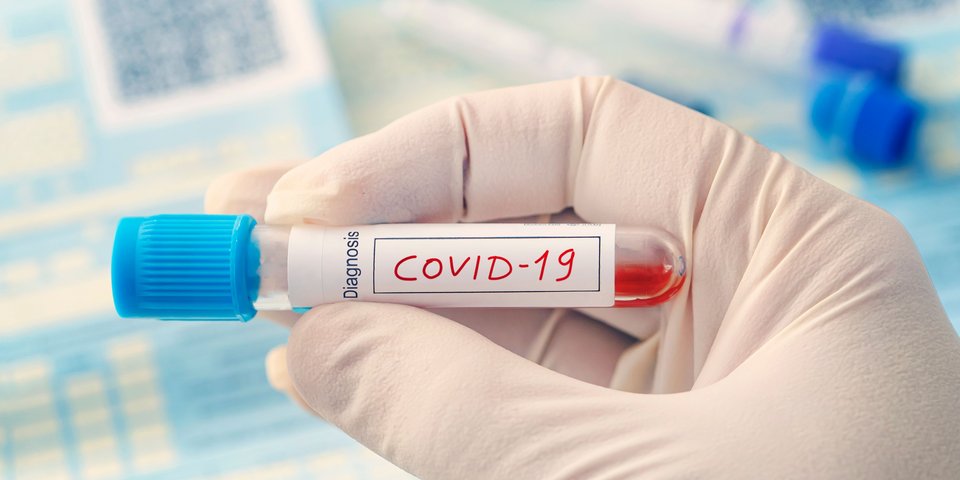
European Commissions' push for securing COVID-19 vaccines
Discussions with various manufacturers.
JP – 09/2020
In June 2020, the European Commission
presented its vaccination strategy to accelerate the development,
production and supply of COVID-19 vaccines. This strategy aims to ensure equal
and timely access to high quality, safe, effective and affordable vaccination
for EU citizens.
A common European approach
While governments around the world, above
all the USA, are concluding separate agreements with individual manufacturers,
the European Commission has now been able to hold successful preliminary,
exploratory talks with five suppliers – BioNTech-Pfizer following Sanofi-GSK,
Johnson & Johnson, CureVac and Moderna. On August, 27th 2020,
an effective contract was concluded with a sixth supplier, AstraZeneca.
The agreement with BioNTech-Pfizer would
allow all EU Member States to purchase the vaccine or to donate it to European
countries as well as to low and middle-income countries once the vaccine has been
proven to be safe and effective against COVID-19. Currently, a purchase of initially
200 million doses - plus the option of another 100 million doses - is being
discussed on behalf of all EU Member States.
Vaccine portfolio potential
The President of the European Commission,
Ursula von der Leyen particularly emphasised the speed of negotiations to date
and assessed the increased chances of developing and using a safe and effective
vaccine. Stella Kyriakides, EU Health Commissioner, considered the talks held
so far with the six research-based vaccine manufacturers to be important steps
"on the way to building a solid and diverse portfolio of potential
vaccines."
Criticism of the previous approach
Against the background of the pandemic and
the complexity of the vaccine market, joint procurement of vaccines at EU level
is a promising strategy. Nevertheless, there is a risk of wasting public funds
due to the pre-purchase agreements while reducing the risk for the
pharmaceutical manufacturers.
Supposedly agreed
clauses of the pre-contracts, which provide for compensation for the companies
in case of a conviction to pay damages by the member states have also drawn criticism. In addition, the
lack of transparency in the course of the contract negotiations, which were
conducted in great secrecy while partly bypassing the specialist departments, has
been a topic of discussion in previous news coverage.
The German Social Insurance system has long
been actively committed to maintaining transparency and the targeted use of
public funds. With regards to the promotion of COVID-19 vaccines and
corresponding agreements with the industry, the European Social Insurance
Platform (ESIP), of which the German Social Insurance Working Group Europe is a
member, supports a current appeal by the Fair Pricing Coalition to ensure
appropriate transparency, the observance of all due diligence obligations and
high vaccine safety.
